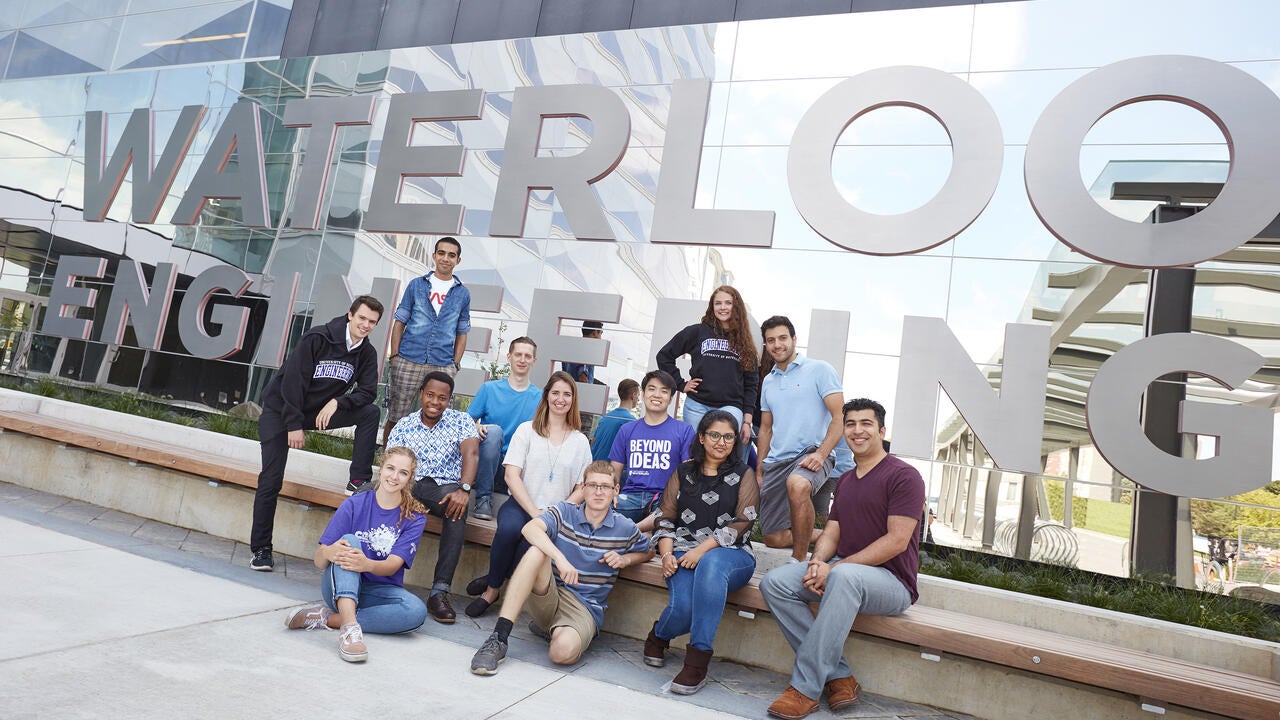
We are stronger together
A special message from Rick Culham, interim dean of Waterloo Engineering

A special message from Rick Culham, interim dean of Waterloo Engineering
By Rick CulhamIn this extraordinary time, it is my fervent hope that you and your loved ones are well.
On behalf of the Faculty, I want you to know that your Faculty is doing what we do best — working on the difficult problems facing society.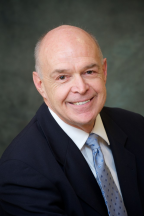
Never before has there been such a need as there is now for rigorously trained and innovative Waterloo engineers who can pivot quickly.
At the University, our main priorities are the health of our students and that they continue to receive an excellent experiential education.
We rapidly shifted the last weeks of the Winter course load to an online format and have committed to delivering the entire spring term program online as well. Our resources are directed toward ensuring students succeed with this sudden change in their academic life.
While our students continue to adjust to remote learning, many are also dealing with the loss of part-time jobs and co-op work terms, travel restrictions, and the struggle to meet unexpected expenses related to housing, food and technology.
The University’s recently launched Student Emergency Support Fund will provide one-time, short-term assistance to students who find themselves in unforeseen financial hardship as a result of the Coronavirus pandemic. Please consider donating to this fund to help our students during this difficult time.
Like other leading universities across the world, our researchers who are able to provide our government and medical community with expert knowledge and cutting-edge research have done so.
We have also re-purposed appropriate laboratories to help fight this global pandemic in innovative ways. All non-essential employees are working from home to further consolidate our efforts to protect humans everywhere.
We have no fear that our nation will continue to come together and support one another, and we are working intelligently with open source worldwide research and education networks on all fronts.
Wherever you are, we hope you will soon be experiencing a flattening of the pandemic curve to help with the strained medical systems and to further protect our communities.
As the situation rapidly evolves, so do we. In this special April issue of eWeal, we’ve included stories of some of the activity taking place here in the last few weeks by Waterloo Engineering to help our frontline workers immediately. We will continue to post these types of uplifting articles on our Waterloo Stories site.
We have heard from many of you that you or your organization/business has also pivoted to help fight this pandemic. Thank you. It gives us great confidence knowing that our alumni are contributing their much-needed engineering skills and mindset.
If you’d like to share your own story, please let us know and perhaps we can be of help.
We want you to know that your Waterloo Engineering community is here for you.
Our 48,500 strong alumni network will be even more valuable to innovation and problem-solving over these next few months. Let’s make use of it and let’s stay connected.
Stay at home and be well.
Rick
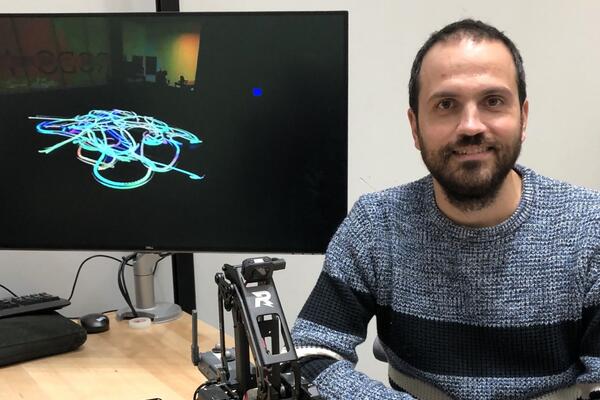
Read more
Robots the size of a soccer ball create new visual art by trailing light that represents the “emotional essence” of music
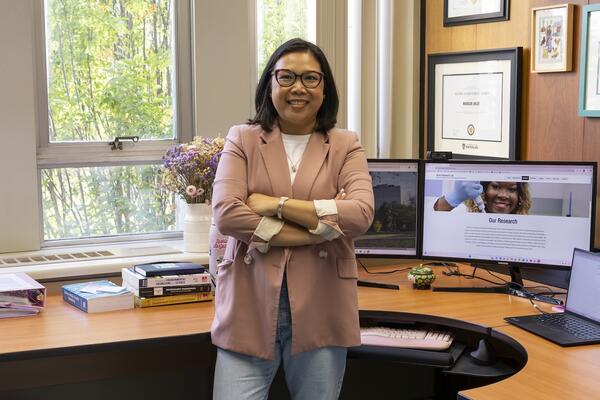
Read more
Waterloo prof leads a team of researchers to improve water quality through a community-focused approach underpinned by technical excellence
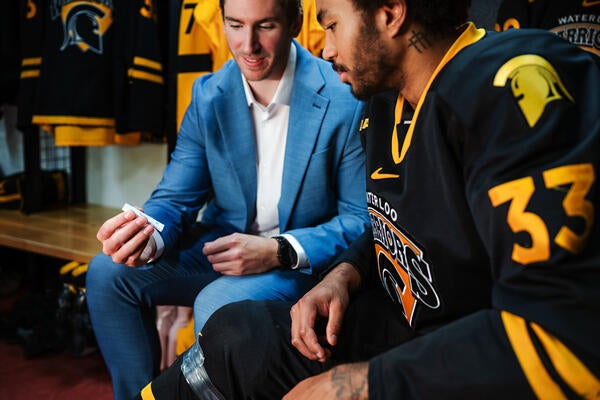
Read more
New medical device removes the guesswork from concussion screening in contact sports using only saliva
The University of Waterloo acknowledges that much of our work takes place on the traditional territory of the Neutral, Anishinaabeg, and Haudenosaunee peoples. Our main campus is situated on the Haldimand Tract, the land granted to the Six Nations that includes six miles on each side of the Grand River. Our active work toward reconciliation takes place across our campuses through research, learning, teaching, and community building, and is co-ordinated within the Office of Indigenous Relations.